Did you know that scholars who work on Jesus divide starkly into two major camps? On the one hand, the evangelicals do such great work on the existence of God, the historicity of the resurrection, and the reliability of Scripture. But, then they read the Gospels through the filter of their theological commitments, always coming away with a Jesus that looks suspiciously like the second person of the Trinity. On the other hand, liberal scholars tend to get the message of Jesus about the kingdom right, but then due to their anti-supernatural presuppositions, deny the resurrection and end up with a failed prophet.
In this presentation, recorded way back in 2008, I share about my own quest to benefit from both evangelical and liberal scholarship to identify the genuine Jesus of the first-century.
If you’d like to delve deeper into this, you can get the paper here.
Listen to this episode on Spotify or Apple Podcasts
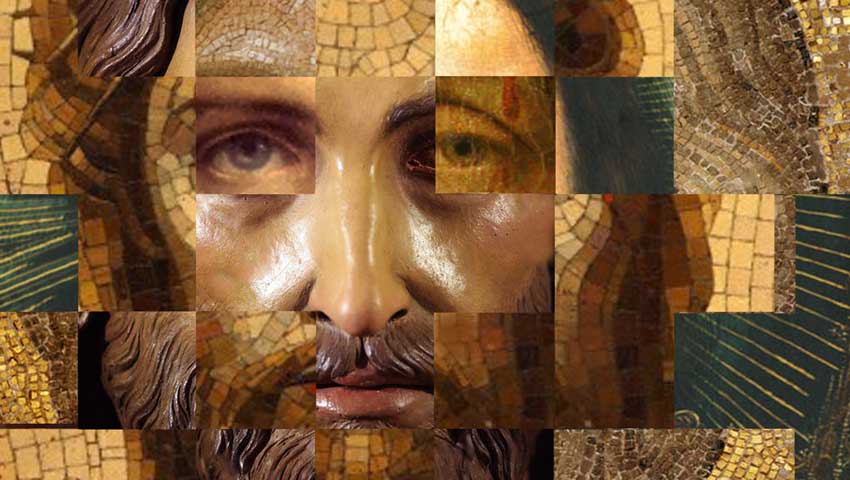
—— Links ——
- access the full-length paper here
- Check out the Historical Jesus class (available both as podcast episodes and on YouTube)
- If you’d like to support Restitutio, you can donate here or designate Restitutio as your charity of choice for Amazon purchases
- Join our Restitutio Facebook Group and follow us on Twitter @RestitutioSF
- Leave a voice message via SpeakPipe with questions or comments and we may play them out on the air
- Intro music: Good Vibes by MBB Attribution-ShareAlike 3.0 Unported (CC BY-SA 3.0) Free Download / Stream: Music promoted by Audio Library.
- Who is Sean Finnegan? Read his bio here.

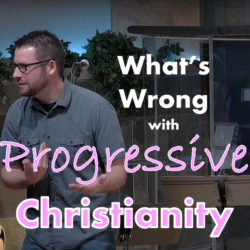

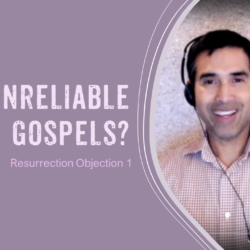
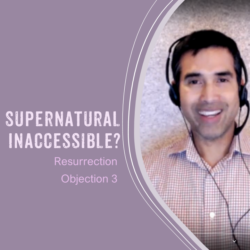

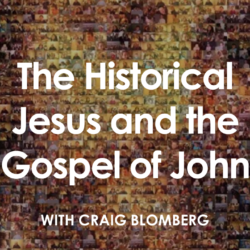
I have been musing and reading on these differences for a while.
In social psychology terms, the right wing evangelicals make their interpretation of scripture, as well as that scripture itself as two of their sacred anchor points. And as is said, this ‘blinds and binds’ them on these issues. They cannot even for a moment question the validity of either point.
While the liberals see these very things as oppression that we all need to be freed from, which many people would agree to be true.
Unfortunately their rejection of oppression also tends to reject a God who they tend to perceive as proscriptive and thus oppressive. Freedom being one of their sacred issues, that in their case ‘blinds’ them to God’s words and ‘binds’ them to freeing people from anything they see as oppressive.
What about us?
If we take scripture and freedom from human creeds as our own sacred points, then we are prioritizing God and our relationship with him. Accepting we do need to be servants of God, but as a good master who has freed us from the oppression of sin and death. And then made us sons and heirs!.
One might ask if we’re bound to that, then where is our blindness?
Well maybe we’ve broken the mould, and we’ve come to this position because we’ve not been blinded by creeds and have eyes open to whatever God guides us to. I think humility is always the key to this – as it’s the willingness to accept we can be wrong and have much to learn from our heavenly father.
Good points, David. In my experience with the liberal approach to biblical scholarship (especially when I was at Boston University), I’ve found that they are at least as dogmatic and closed-minded as evangelicals. For example, the liberal approach cannot–even if it passes all their criteria of authenticity–allow that miracles happened in history. They exclude the possibility as a matter of methodology. Neither can they allow for any kind of inspiration whatsoever, because doing so deviates from “good” scholarship. The naturalism of Darwin is their creed and anyone who admits miracles or God’s role is not a “real” scholar. The whole enterprise seems hopelessly mired in enlightenment modernism.